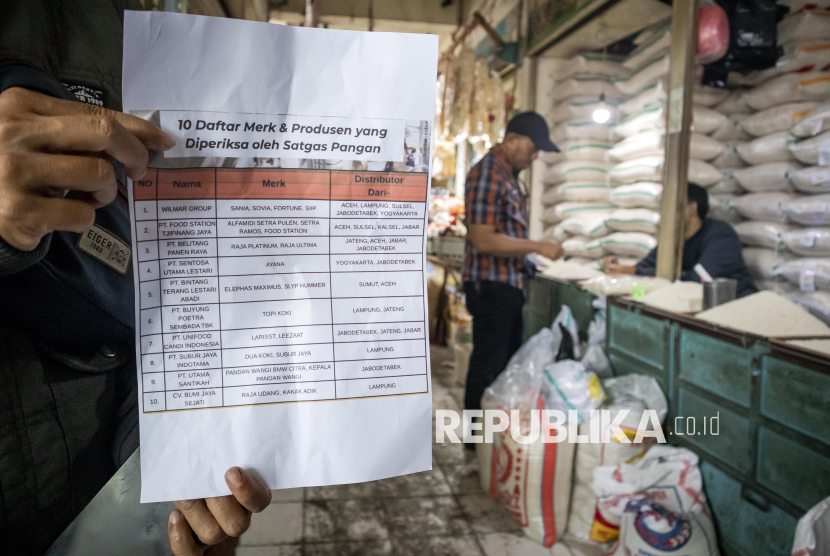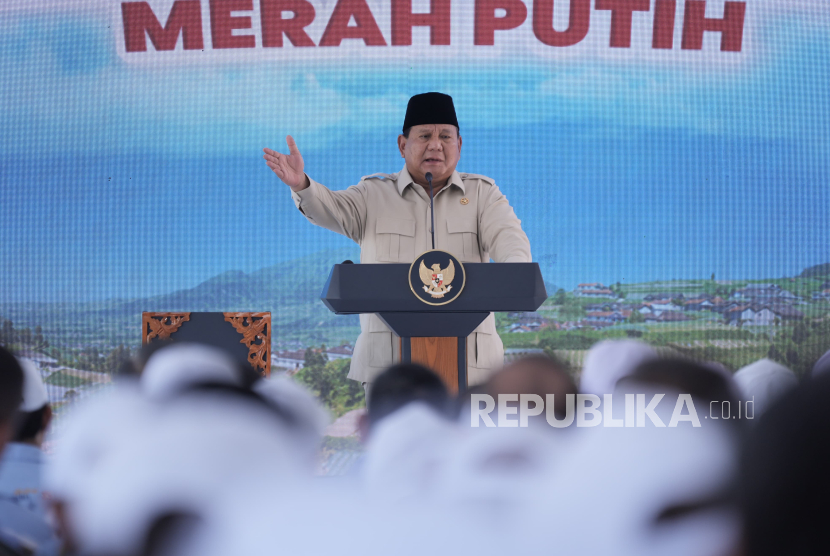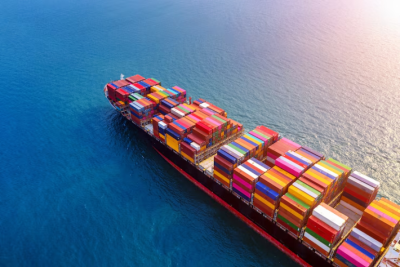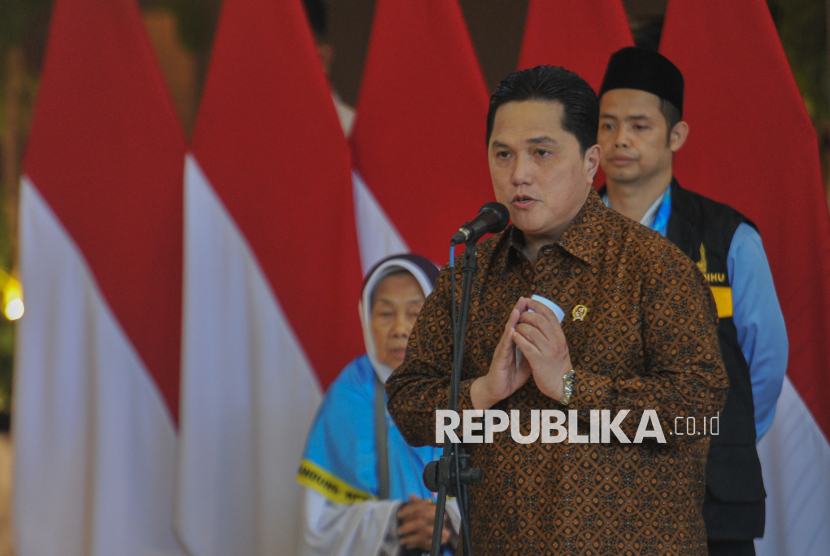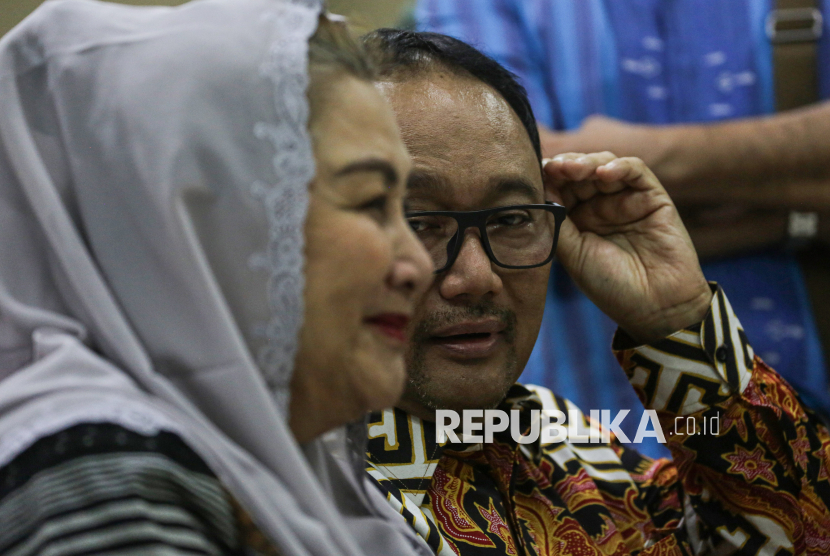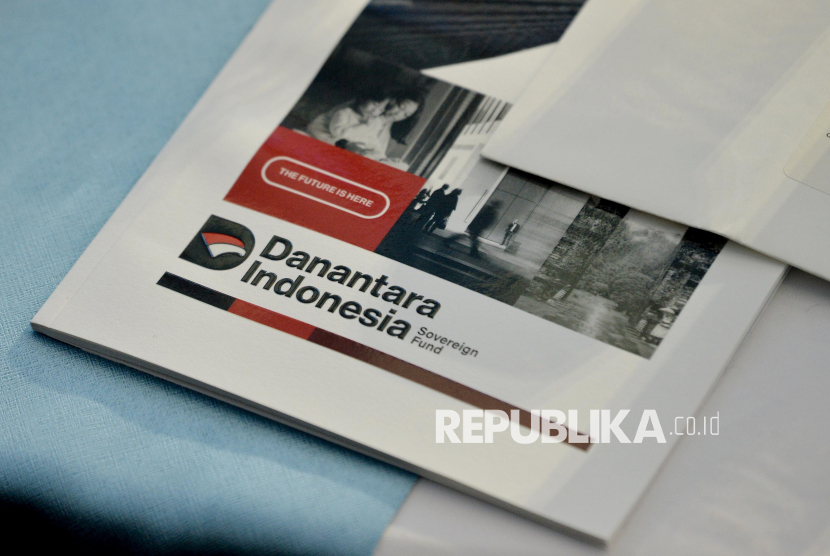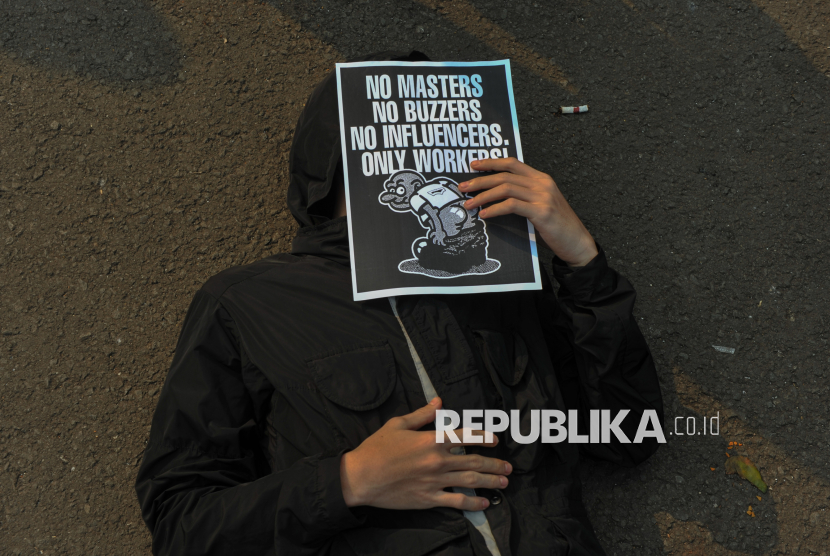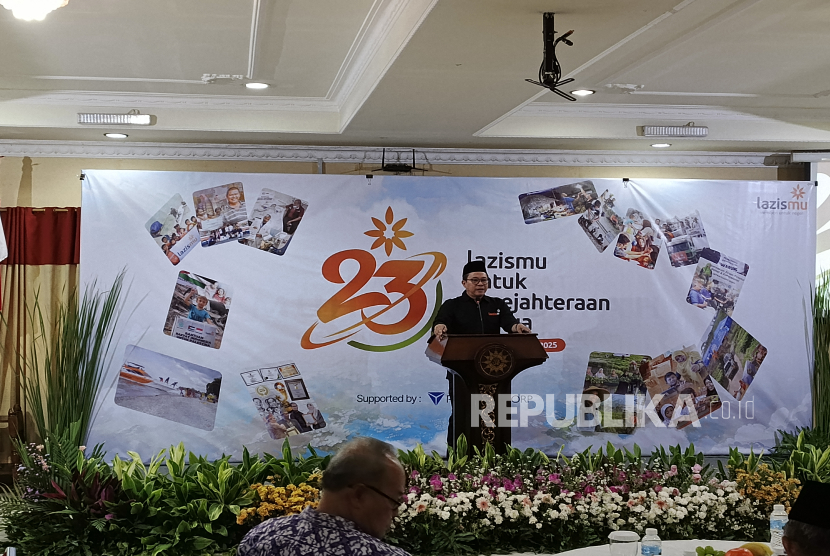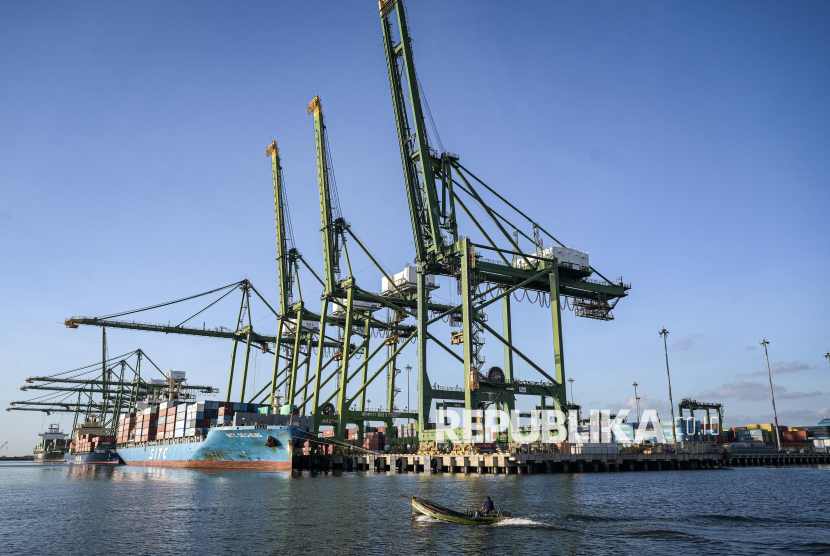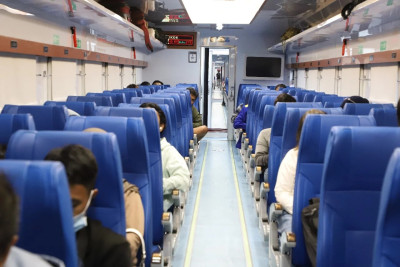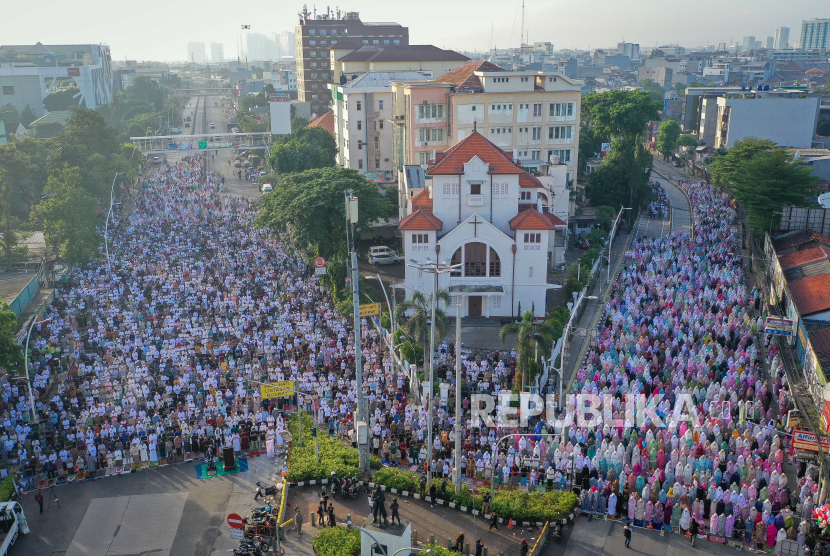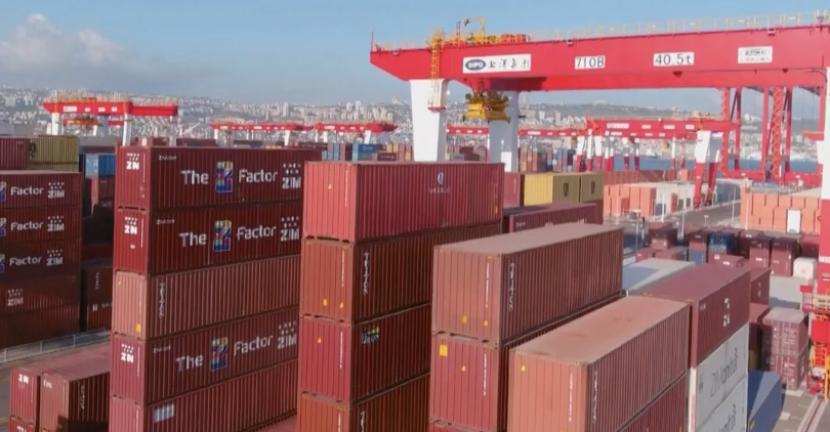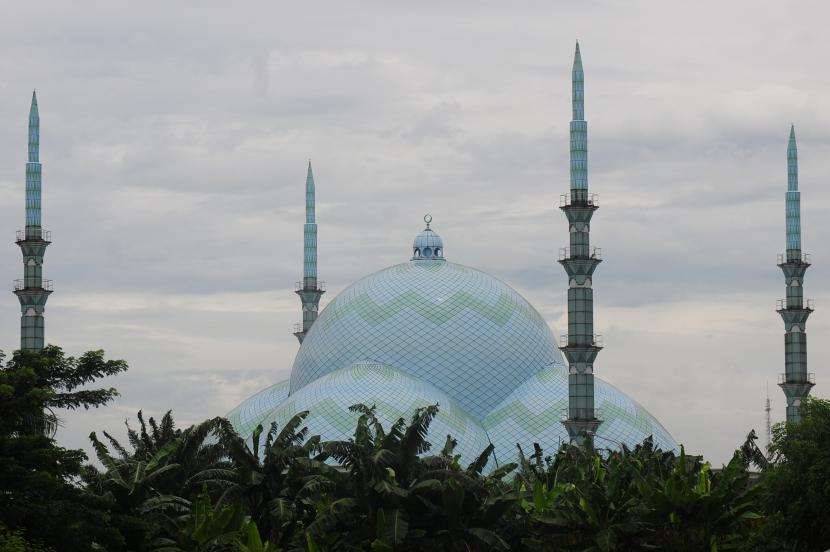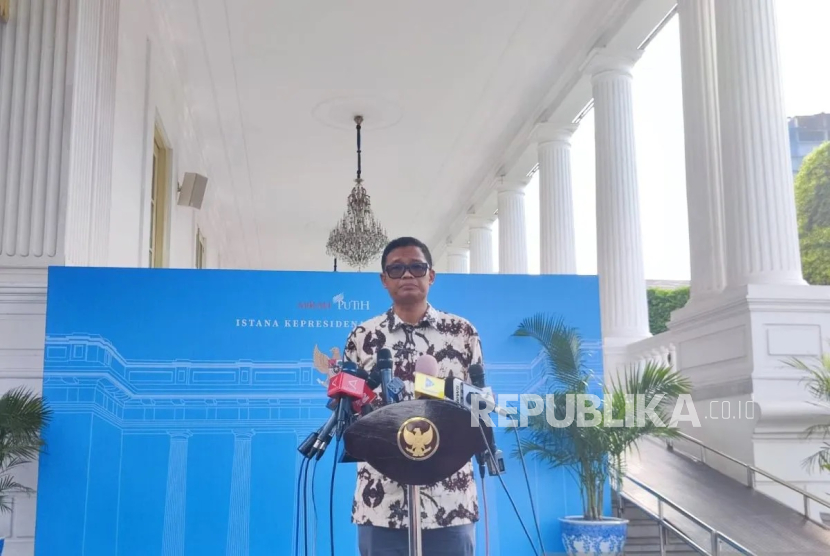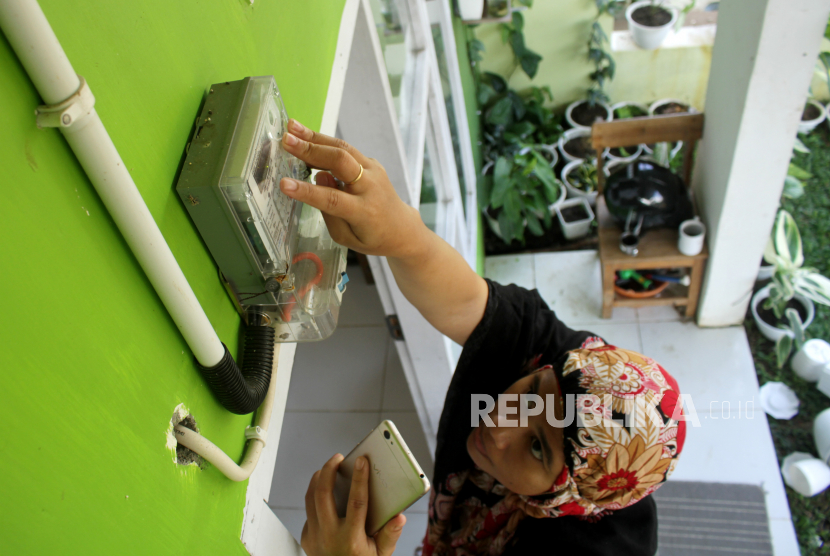
Oleh : Iskandarsyah Siregar, Head of Center for National Resilience Studies
REPUBLIKA.CO.ID, JAKARTA -- As the world moves toward a multipolar global order, new international blocs and communities have emerged, driven by diverse passions and agendas. The European Union was established based on geographic and historical affinities. Regional trading interests drove the creation of CAFTA, while ASEAN emerged from a desire for stability in Southeast Asia. The emergence of BRICS, however, is quite different. BRICS is not just an economic block, but a strategic consolidation of the great powers that were well-prepared at the beginning to compete on a global scale.
The internal strength of the members is what distinguishes BRICS from other global communities. Brazil, Russia, India, China, and South Africa—and now with new members like Indonesia—all possess enormous economic, political, resource, and population potential. All of them arrived at BRICS in good shape. No country is a parasite. Each member possesses sufficient capital to contribute to and strengthen the shared mechanism of this community.
But this strength comes with risks. BRICS emerged in a world order dominated by a single superpower for an extended period, namely the United States and its allies. The BRICS developed as an alternative and, in some respects, an ideological counter to that hegemony from the outset. BRICS has therefore been naturally opposed by its adversaries right from the start. In contrast to the ASEAN or the European Union, which are widely accepted by the world's major powers, the BRICS is regarded as a direct challenge to the post-World War II order.
This leaves the BRICS in a strategically vulnerable position. Unless the member nations quickly establish firm cooperation, they will soon have differences exploited by external powers. Sweet proposals from the Western bloc would attract some members. Economic, diplomatic, and even military pressure can be used to get some nations to leave the group.
With this in mind, BRICS must establish a robust and effective system of institutions and mechanisms for interaction. Not a simple one-time meeting with declarative common communiqués, but an actual mechanism of reciprocal interest, reinforced solidarity, and development of the sovereignty of all member states.
Among the areas of BRICS cooperation that are of strategic and critical significance—and yet have been vastly underestimated—is education and tourism. While in much of its past as a player in multilateral engagement, attention has been paid to trade, banking systems, infrastructure building, and energy policy, so-called soft power sectors, such as education and cultural exchange through tourism, are strategic assets that are not fully leveraged. With its member states spanning various civilizations, political systems, and development trajectories, education and tourism offer a rare opportunity for deep, far-reaching integration that extends beyond economic transactions into the realm of cultural connection and shared identity.
Education, above all, offers a platform upon which BRICS nations can cultivate a next generation of thinkers who are thought-independent, geopolitically aware, and unindoctrinated in the fantasies of one-polarity world orders. With increased academic mobility—i.e., student, teacher, and researcher mobility—BRICS can construct a transnational epistemic community formed on shared values of equity, mutual respect, and multipolarity interaction. This goes much further than merely granting scholarships to take students abroad; it means building cooperative academic programs, jointly supervised Ph.D. research, and inter-university research centers with a focus on areas of mutual interest, such as sustainable development, indigenous knowledge systems, cybersecurity, digital sovereignty, and climate justice. Such alliances will not only enhance the quality and competitiveness of BRICS' education systems but also support a culture of solidarity among young researchers and future leaders.
Moreover, such cooperation in education can liberate member states from intellectual domination of Western institutions and frameworks. By advancing the generation and exchange of knowledge driven by domestic conditions and indigenous cultural backgrounds, BRICS can ideally challenge the epistemological dominance of the Global North. This is particularly important as world powers transition towards a multipolar world order, where knowledge generation must be consonant with multiple perspectives and multi-civilizational values.
Equally crucial is the role played by tourism, not only as a source of GDP but also as an instrument of people-to-people diplomacy. Tourism can catalyze increased civilizational contact between the citizens of the BRICS nations, who have currently had relatively limited interaction beyond diplomatic and business. S-level simplification of visa regimes, hosting BRICS cultural expos, developing heritage circuits in member countries, and investing in connecting infrastructure to cultural sites can make one feel more connected. Tourism, when developed inclusively and sustainably, is not simply an economic earner—it promotes familiarity, reduces prejudice, and fosters empathy.
By crafting a tourism policy that encourages people from BRICS nations to get acquainted with each other's societies, histories, and cultures firsthand, the bloc can lay the foundations for a more united identity among its peoples. This "organic diplomacy" may prove more enduring than declarations or summits. When citizens feel that they belong to a larger whole, they will be more likely to support collective projects and rally behind one another during times of geopolitical stress.
Here, tourism and education are not on the periphery of BRICS' strategic concerns—they are at the core of building the intellectual and emotional underpinnings of a new, independent, and resilient world order. Investing in tourism and education is investing in the future conscience of BRICS.
But we must not be naive. While all BRICS countries share a common vision of the world—to free themselves from hegemonic dependency—each has unique national interests. Russian vision and mission would undoubtedly be different from that of India's. China's interests differ significantly from those of Brazil. Each has its history, political system, and internal pressures. This is where prudence is needed. Not suspicious of one another, but realistic and rational in reacting to internal dynamics.
Vigilance does not mean anti-solidarity. Instead, through the understanding and appreciation of one another's heritage, the BRICS society can evolve with geopolitical maturity. Here, Indonesia, having declared membership of BRICS, has a special role to play. As a historically non-aligned nation and a large Asian democracy, Indonesia can play a mediating, integrating, and even balancing role within the BRICS.
Furthermore, Indonesia should not be viewed as a mere statistical addition to the BRICS. Indonesian membership in this group must be strategically transferred and maintained in the long term. All opportunities—whether small or large—must be developed to benefit the nation's great aims. To wit: protecting all Indonesians and all of Indonesian land, enhancing public welfare, educating the country, and assisting in establishing a world order based on independence, lasting peace, and social justice.
This principle is enshrined in the Preamble to the 1945 Constitution and serves as the general direction for every step taken by Indonesia in its foreign policy and international relations. The BRICS may be a highly effective instrument for supporting this mission worldwide. For example, with the strengthening of the health system among BRICS countries, Indonesia may enhance its public health services. Through collaborative research on food and energy, Indonesia can achieve higher resilience at the national level. And through increasing educational collaboration, this nation is capable of producing quality human resources that can compete without losing its identity.
But to accomplish all of this, Indonesia must have an overarching plan. The government can't be opportunistic and reactive. There must be a clear vision for the nation, a measurable roadmap for involvement in BRICS, and a strategy to develop domestic capacity to compete and contribute effectively.
Ultimately, the world is indeed changing. The philosophy of multipolarity is challenging single hegemony. During this transition, BRICS is emerging as a prospective new power that also discredits integrity. Indonesia, with its strange history, geography, and demography, has a golden opportunity to be a pioneer, not a follower. But only if we intelligently read the game dynamics, are honest about national interest, and stay loyal to the mandate of the constitution.
BRICS is not doomsday. But it can be the beginning of a new era in building a more equitable world. Indonesia cannot be left behind. But nor can it be complacent. What is needed is progressive prudence, people-oriented policies, and firm long-term commitment to national and state sovereignty. The key is to be grateful by maximizing every potential you have. Remember what Allah says: If you are grateful, your blessings will increase. But if you are ungrateful, remember that Allah's punishment is severe.

 11 hours ago
7
11 hours ago
7


